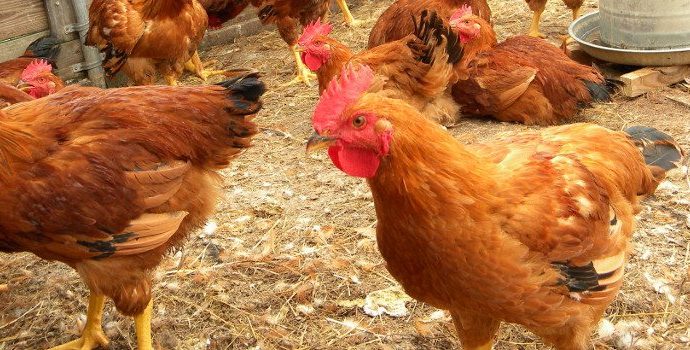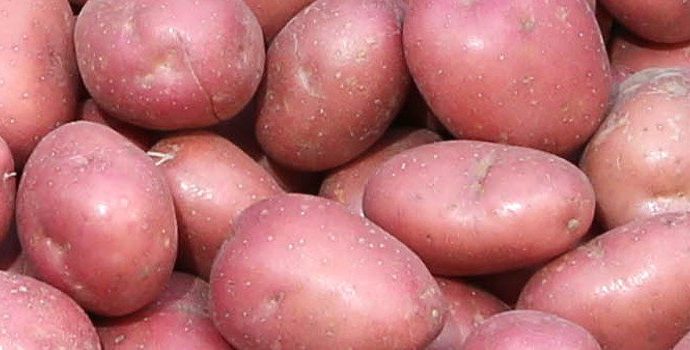Farming Sector Ready to Help Economic Recovery – IFA

Speaking at today’s meeting of the IFA Executive Council in Dublin, IFA President John Bryan said the farming sector will do all in its power to drive export-led growth, which will be critical to creating employment and our economic recovery.
He said, “the farm schemes and taxation measures provide an important stimulus to the rural economy. Expenditure on farm schemes, including REPS, the AEOS, Suckler Cow, Forestry and Disadvantaged Areas schemes, and taxation reliefs that facilitate restructuring and expansion, play a significant role in generating production. They must be maintained in next month’s Budget.”
Mr Bryan said members of the Executive Council were extremely angry that a failure of the regulatory, banking and political leadership threw caution to the wind in the good times, which has brought the country to its current position. We must now restructure and focus all our attention on recovery, and agriculture has a major role to play.”
On the taxation adjustments that may be introduced in the Budget, Mr Bryan said, “Taxation measures that facilitate farm restructuring and transfers are fundamental to retaining our family farm model through the generations. Stock and other reliefs are critical to increasing output to meet the Food Harvest 2020 targets. Any changes to income tax must be equitable across all sectors.”
He continued, “A number of key taxation reliefs are in place for farming to encourage structural reform and competitiveness in agriculture. These include long-term land-leasing, stamp duty relief, capital gains retirement relief, stocking relief and agricultural relief for farm transfer. It is vital that these reliefs are retained in Budget 2011, as any reduction would disincentivise farm transfer, investment and consolidation, and place an unaffordable tax burden on farmers.”
Mr Bryan said, “In Budget 2011, it is vital that funding for farm schemes is maintained. This funding is redistributed throughout the rural economy, through expenditure by farmers on locally provided inputs, labour, goods and services. As a priority, the AEOS scheme must be extended for all farmers leaving REPS3, the Suckler Cow Welfare Scheme must be fully funded and forestry and other payments must be fully maintained.”




